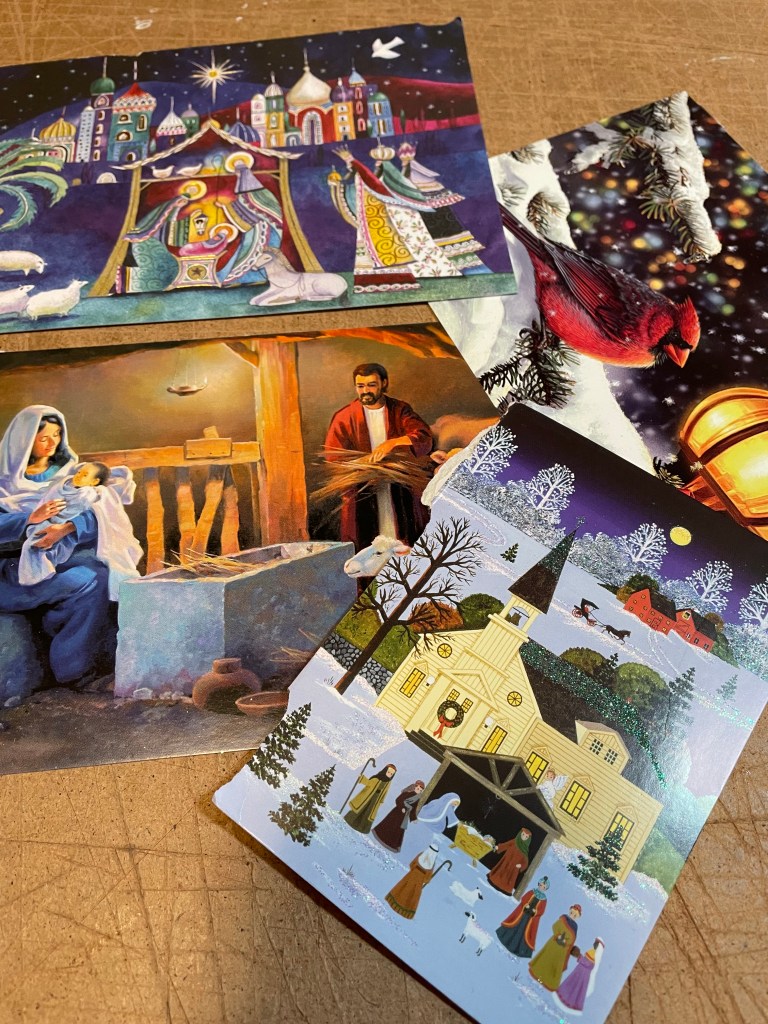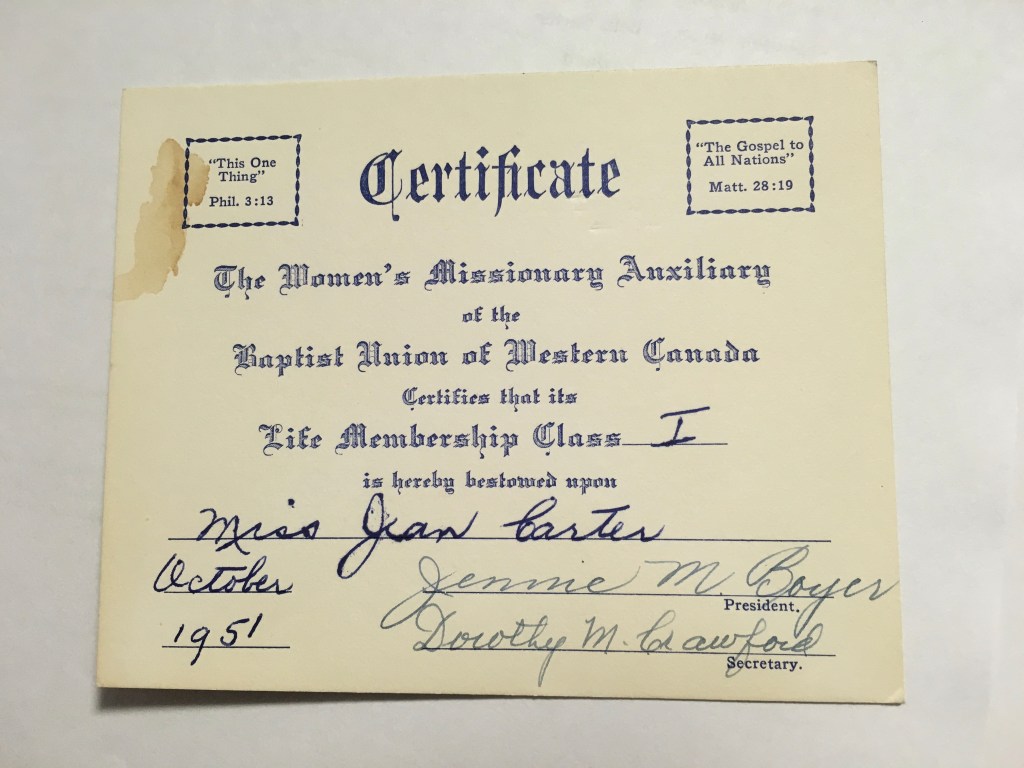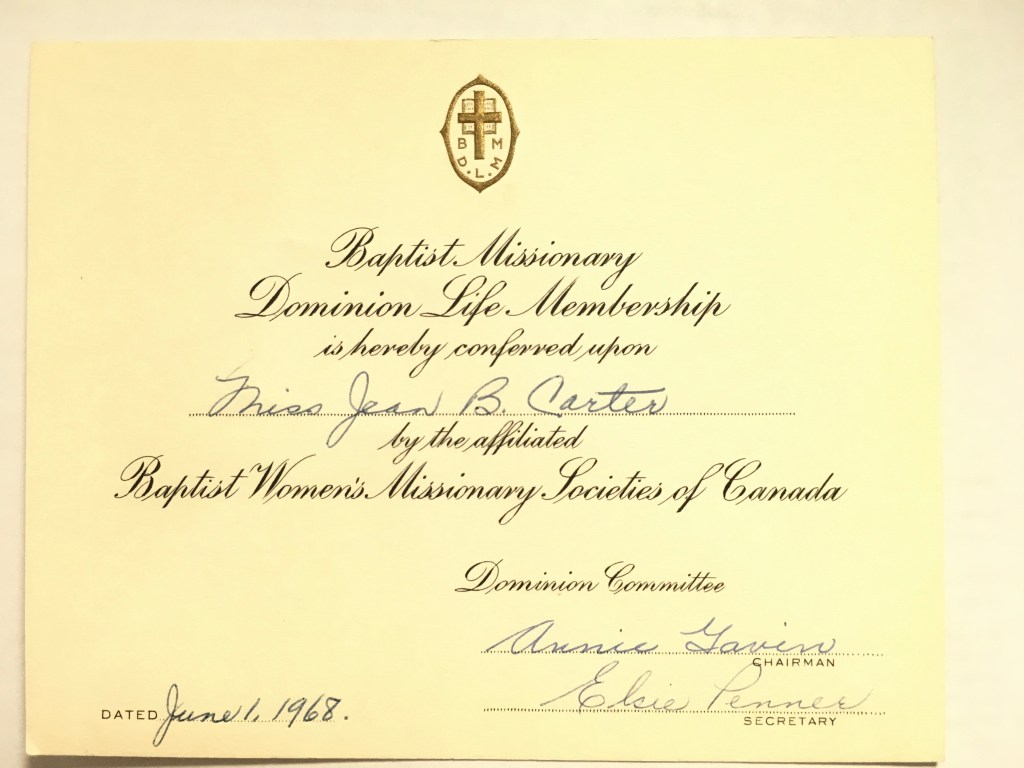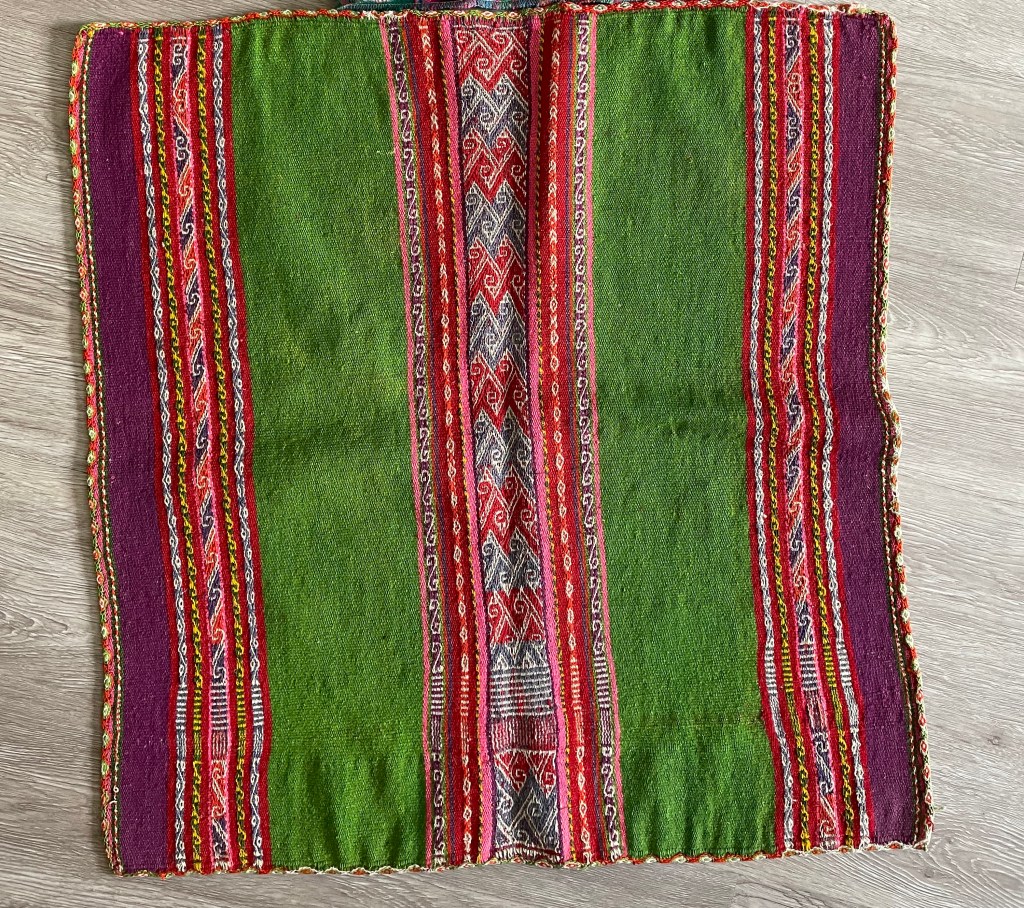Today I was rereading and putting away the Christmas cards that I received this season.
My mind immediately turns to childhood, scissors and paper cutting which I loved to do. Growing up in a Christian ‘mission-minded’ household we were encouraged to never waste anything. This included harvesting the prettiest pictures from our old Christmas cards to send to children in Bolivia. It was my task to cut out appropriate images. With very strict guidelines I was instructed by my great Aunt Jean: no Santa images, no candles (that was too Catholic), nothing to make poor children envy me. Thus began my early education into inequality. What was most sought after by our overseas missionaries were sparkly, glittery cards. The picture in my head was of little Quechua children being overjoyed to be allowed to do crafts with our cast-off Christmas offerings. It was that warm glow you get when you think you’re doing good. Combined with a sense of shame instilled in me by great Aunt Jean that we always could and should be doing more.
Jean Belle Carter (1888 – 1976) was a spinster school teacher born in Campbellton, New Brunswick. She was the oldest sister of my grandfather. She was extremely proud and opinionated, relentless in showing favouritism, a staunch monarchist (she was the one who made us wait to open our presents on Christmas Morning until we had listened to the Queen’s message on the radio) and a lifelong Baptist. (Oh, and she did pass wrapped candy down the pew to me on Sunday mornings.) After teaching all day she retired to her scroll-top writing desk with multiple cubbyholes for storing stationary and stamps (the same one I now sit at everyday converted to hold my computer) to scribe articles, reports and letters. She served as Superintendent of the Sunday School Girl’s Department at Broadway-First Baptist Church in Winnipeg. Rigorous in her missionary zeal she tirelessly served as the Executive Secretary of the Baptist Union of Western Canada Women’s Missionary Auxiliary, a volunteer position she held for decades. How much of her service was driven by guilt and how much it was vicariously living an adventurous life is impossible to finesse. Working as she did from the worldview she was steeped in from childhood she would not have even pondered these things. Duty was foremost.
Aunt Jean instilled into my mother as well a letter-writing habit which remained throughout her lifetime. Countless encouraging handwritten and typed blue air-mail letters and cards flew out of our house across the seas. “What a comfort it would be for a tired missionary to receive a letter from their Homeland at the end of a hot and worrisome day. Write, won’t you?”
Fast forward about 25 years from sitting at my dining room table cutting up Christmas cards to standing in Bolivia on an educational reconnaissance trip. I volunteered as the Canadian sales representative for a Bolivian women’s knitting co-operative supported by the same Baptist women’s missionary organization that my great aunt had served. Project of Andean Community Artisans (P.A.C.A.) was what I deemed a worthwhile effort to bring self-sufficiency to rural knitters.
Landing in this high-altitude and utterly different country I was bombarded by my ‘first world’ upbringing. Bolivia had played a central roll in my mission education because the denomination in which I grew up was the very first Protestant one to send missionaries there in 1898*. And because one of them, Rev. Norman Dabbs**, was murdered (translate martyred) that one South American country became even more magnified in our imaginations. When our primarily single female missionaries came home on furlough they travelled across Canada speaking at churches. When they came to Winnipeg my parents often billeted them and it was my bedroom that was used. I had to sleep on the pull-out couch many nights to accommodate them. Having them in our home was very interesting and I learned a lot, instilling in me a bug for something bigger than myself by broadening my scope of the world. It gave some excitement to my predictable middle-class Canadian upbringing. Yet it was a colonial worldview.
I thoroughly enjoyed the job I did back in the 1990s for P.A.C.A. and those camposina artisans who were trying to provide a sustainable living wage for their families. I had a genuine desire to serve a vulnerable community. I worked really hard to sell their sweaters for them here in Canada before the internet age. It was no doubt my family’s mission-focused proclivities which fostered my interest in Bolivia to begin with.
I do not know how prevalent long-term Christian “mission” is at present. I do know that generationally the maternal side of my family was wholly immersed in it and me by osmosis. Both my great aunt Ada and great uncle George and their spouses worked in West China for Methodists in the early 1900s setting up educational institutions. No doubt they had a genuine desire to help vulnerable peoples. I have no doubt that they enjoyed a sense of fantastic adventure and possibility as well.
I now view ‘mission’ with different eyes and mindset. There are many folk now realizing that the popularity of short-term volunteering opportunities overseas especially can be damaging. The new term voluntourism*** highlights this unsustainable do-gooder mentality.
Do I regret my own part and my family’s part in it all? That’s a very hard question to answer.
* This excellent article documents Archibald Reekie’s establishment of a school in Oruro in the late 1800s. It is acknowledged that Canadian Baptists were eventually responsible for bringing about land reform in Bolivia – this grew out of agricultural ministry in Huatajata.
** See Who Killed Norman Dabbs? for a concise interpretation of this murder.
*** for an explanation of Voluntourism see this article.
Another post speaks of my trip to Bolivia in 1990.
This blogger explains his short-term trip to Bolivia in 2007.











What did this post stir up in you?